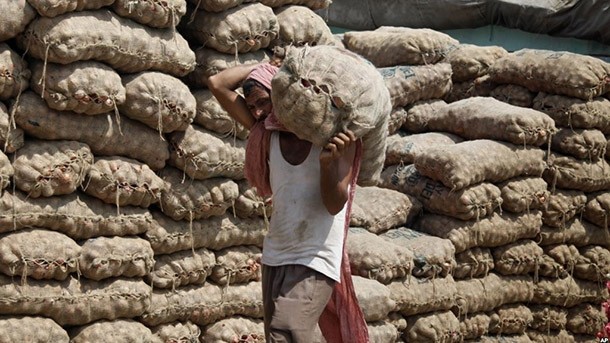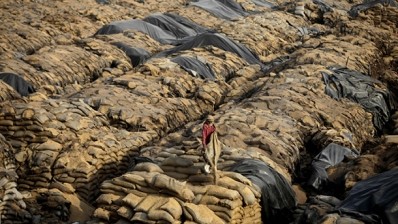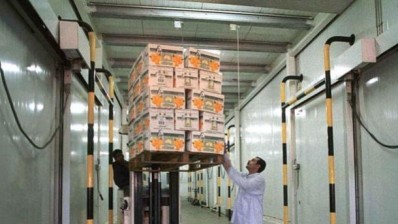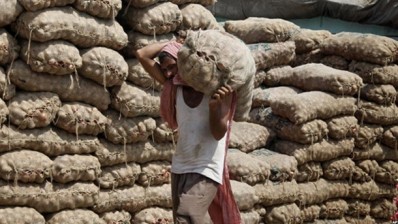Minister admits India's warehouse problem, calls on corporates to help

Speaking at a Confederation of Indian Industry event this week, KV Thomas, the Minister for Consumer Affairs, Food and Public Distribution, admitted there was a dire need for new warehouses, especially in light of the huge quantity of grain required to be stored as a result of the new Food Security Bill.
The Bill will provide food grains to about 820bn Indians, but there is doubt that quantity will reach its target given the state of warehousing at the moment, he said.
“For this, we will need space to store over 85 million tonnes of grain by 2014. In 2009, we had space for 55 million tonnes, and today, we are only at 78 million tonnes,” he revealed.
Enter the entrepreneurs
But who can help to meet this shortfall? According to the Hon’ble Minister, entrepreneurs should take up the task of building warehouses, even though pointed out that there is little profit to be made from such ventures.
“Warehouses should have the support of government and I believe banks give out special loans for building warehouses because as an industry, we have to grow and India needs more warehouses.”
According to Rabobank analyst Vaishali Chopra, the demand for grain warehousing in India is expected to grow at between 5-6% per year for the next five years.
“India must see improvements to its existing storage system as well as the creation of additional storage capacity to meet the demand of increased food production,” she said.
“Currently, the majority of storage facilities are government owned and increased participation from the private sector will be needed to make up the difference.”
However, long gestation periods and fluctuating government policies have meant that corporations have been cautious to invest in the past, and those that have are struggling to make returns on their investments.
Grass-roots storage
Thomas also suggested that the government had been thinking of allowing village councils, or panchayats, to build their own intermediate warehouses, which will bring storage areas close to the recipients.
India is plagued by an inefficient and cumbersome system of public warehousing that lines the pockets of the corrupt and leaves vast quantities of food grains undistributed and rotting.
“To distribute rice at Rs5 (US$0.08) per kg, the government spends Rs28 (US$0.46). This is a crime,” he said, but added that he was confident the leakages could be plugged, even if there has been some concern whether India could produce and store sufficient food grains.

















